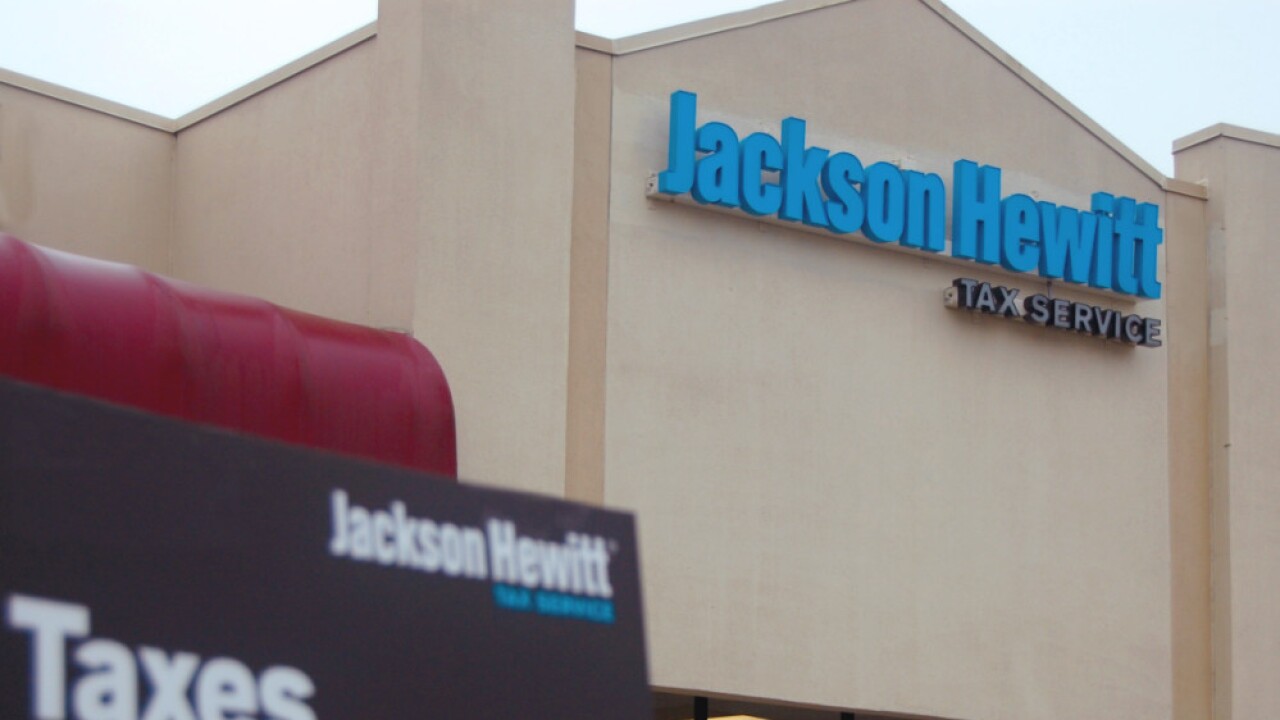U.S. Deputy Attorney General Paul McNulty has authored a memo revising the Department of Justice’s guidelines for federal prosecutors looking to press charges against white-collar criminals.
The new guidance revises the Thompson Memorandum, which was issued in January 2003 by former Deputy Attorney General Larry Thompson. That memo, issued in the wake of Enron’s collapse, provides guidance to prosecutors, offering nine factors to use when deciding whether to charge a corporation with criminal offenses.
McNulty’s guidance adds new restrictions for prosecutors seeking privileged information from companies. Specifically, it creates new approval requirements that federal prosecutors must comply with before they can request waivers of attorney-client privilege and work product protections from corporations in criminal investigations.
In short, federal prosecutors will no longer have blanket authority to routinely ask that a company under investigation waive the confidentiality of its legal communications or risk being indicted. Prosecutors will now need written approval for waivers from the deputy attorney general, and can make such requests only rarely.
The memo also prohibits prosecutors from considering, when weighing whether to seek the indictment of a company, whether it is paying the legal fees of an employee caught up in the inquiry.
Thompson’s guidelines were geared towards rewarding companies and employees that cooperated with investigators while penalizing those that did not. The revised guidelines follow criticism from legal and business groups, as well as from federal judges, such as in the pending tax shelter case against Big Four firm KPMG. The judge overseeing the case has accused the government into strong-arming the firm into cooperation through threats of indicting the entire firm -- the legal action that resulted in the failure of now-defunct Big Five firm Arthur Andersen.




